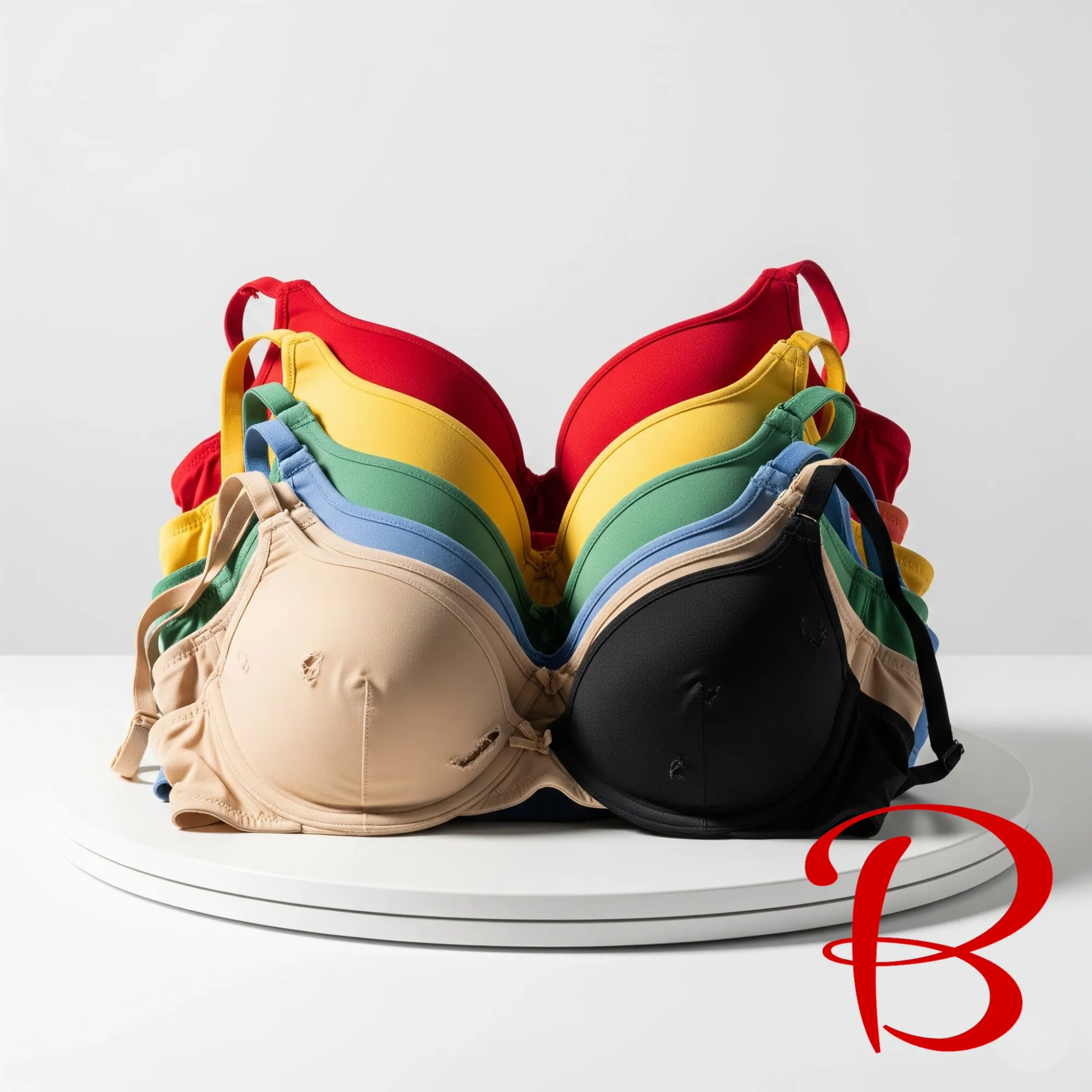
Why "Paypigs" Should Become Bratags Collectors: Rethinking Value, Validation, and Support
From Transactional to Transformational: Evolving the Role of the Paypig
The concept of the "paypig" — a financial submissive who derives gratification from sending money or gifts to a dominant — has often been misunderstood and ridiculed. Yet, in many ways, this exchange echoes deeper social currents: the desire to give, to serve, and to find meaning in a ritual of submission.
But what if this role could evolve into something more enduring? What if instead of disposable transactions, paypigs became collectors — archivists of feminine energy, participants in the economy of care, and curators of objects imbued with personal resonance?
The Collector vs. The Consumer
In traditional financial domination, the submissive is a passive giver. The value is often abstract, and the reward fleeting. But when a submissive becomes a collector, the dynamic changes. Instead of throwing money into the void, they become a caretaker of items — real, sensual, and storied.


A soft, intimate portrait of a woman in lace lingerie, her face partially turned away, evoking quiet vulnerability and the private allure of worn intimacy. A bold, direct gaze from a curvy model in revealing brown lingerie, framed by natural light — confidence, femininity, and unapologetic sensual presence captured in one frame.
This parallels the shift in consumer culture from mass consumption to meaningful acquisition. As sustainability becomes central to global discourse, the fetish economy, too, must reckon with its waste — both emotional and environmental.
According to a 2021 Environmental Psychology article, the act of collecting imbues objects with a narrative. Collectors form bonds with items that extend beyond surface value. It is this narrative that aligns perfectly with the ethos of platforms like Bratags — where worn bras aren’t discarded, but preserved, appreciated, and exchanged with consent and mutual benefit.
True Support: From Fetish to Feminist Allyship
Supporting a woman’s autonomy is one of the most direct forms of advocacy. At Bratags, the underlying ethos is simple: elevate what society often trivializes — breasts, bras, and the sensual labor of women.
Financial domination that reroutes into intentional collecting becomes a form of tangible validation. Every transaction acknowledges the labor, beauty, and autonomy of the woman behind it. No middlemen, no censorship — just clean, clear exchange.
Recycling Desire: A New Kind of Fetish Economy
The global lingerie market is worth over $70 billion. Most bras are worn, tossed, or buried in donation bins. Yet, each of these garments carries the memory of skin, scent, and story.
When a collector preserves these bras — not as trash, but as treasure — they participate in a new kind of economy. Recycled intimacy.
This is not exploitation. It is curation. Preservation. Devotion. And perhaps, at its best, restoration.
Final Thoughts: A Community Built on Purpose
Being a Bratags Collector isn’t just about fetish. It’s about entering a space where desire, dignity, and direct support converge. It’s a platform, yes — but more importantly, it’s a culture.
The shift from "paypig" to collector is not just semantic. It’s symbolic. It represents a deeper awareness that this isn't about shame or servitude. It's about intentionality, admiration, and yes, even activism.
The next time you feel compelled to send money for nothing, consider this: what if you could give, receive, and preserve — all at once?

Share your thoughts in the Private Tag Room, where Collectors and Models meet in dialogue and exchange.
Sign up free as a Bratags Model and start turning your worn bras into curated, meaningful connections with collectors who value your story.
Sources:
- Journal of Human Sexuality Studies (2020). “Submission and Identity: Power Roles in Financial Fetishism.”
- Environmental Psychology (2021). “Object Narratives: How Collectors Imbue Meaning to Possessions.”
- Sex Work Studies Quarterly (2022). “From Performer to Professional: Erotic Labor and Economic Agency.”























































